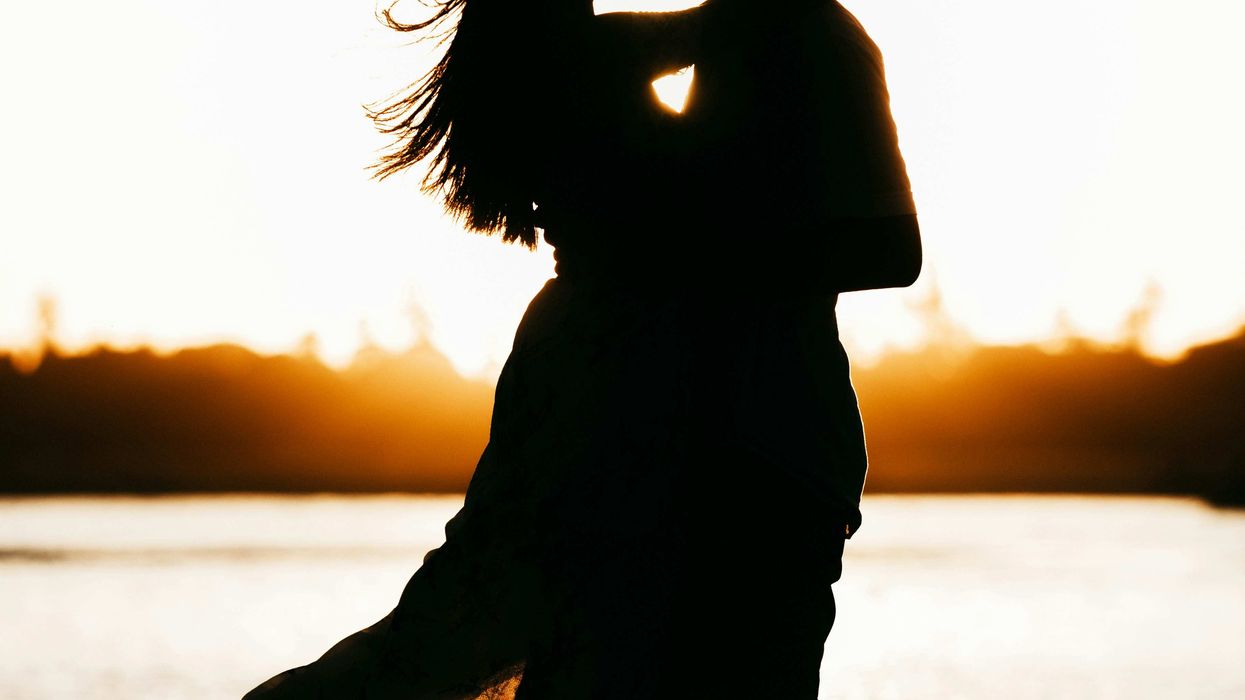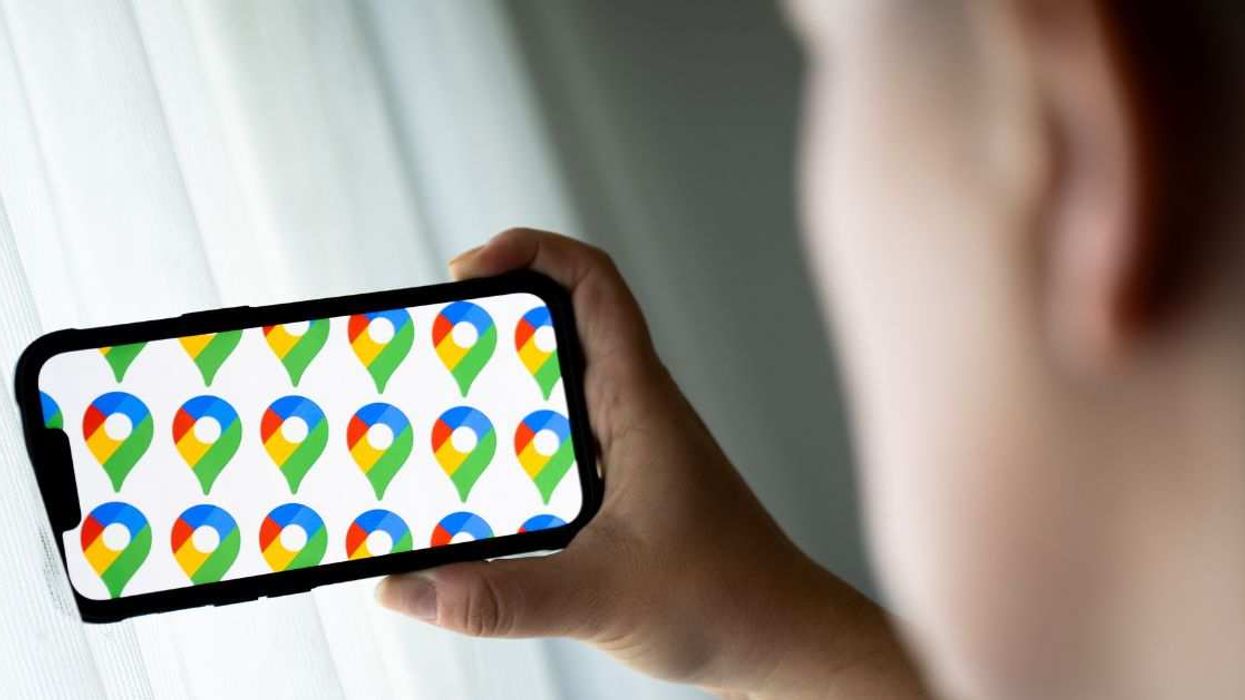Former President Donald Trump's usage of social media—especially Twitter—was a defining aspect of both his campaigns and presidency.
Known for his off-the-cuff post, Trump frequently used the outlets to slam his perceived enemies, announce firings or resignations from his administration, and to broadcast misinformation, especially regarding the pandemic that's killed over 500 thousand Americans.
Social media companies for years had faced pressure to ban Trump from using their services, citing the frequent threats of violence from his supporters at anyone to whom his momentary ire was directed and the constant flow of lies on his timeline.
But it wasn't til a mob of his extremist supporters, prompted by his lies about the 2020 election, stormed the United States Capitol that social media companies couldn't abide giving him any more of a profile.
In the days following the January 6 riots, Trump was banned or suspended from Twitter, Facebook, Instagram, and a bevy of other social media outlets.
After a few tries of logging on through other accounts, Trump has since taken to issuing statements that read as tweets.
But recently, Trump tried to return to Facebook by way of his daughter in law, Lara Trump, who also worked on his 2020 campaign. Lara Trump posted an interview with the former President before Facebook notified her that anything "in the voice of Donald Trump" would be removed from the platform.
Ms. Trump slammed Facebook on Instagram—which is owned by Facebook—decrying it as censorship akin to that of George Orwell's 1984.
Of course Facebook allows for news coverage of Trump, including interviews, but a public talk with one of his family members and campaign spokespeople didn't meet that standard.
People weren't exactly sympathetic.
Meanwhile, conservatives lamented that a private company banning users who violate its rules is somehow suppression of free speech.
Trump's ban on Twitter is permanent, but his oust from Facebook could only be temporary, pending the decision of its oversight board.

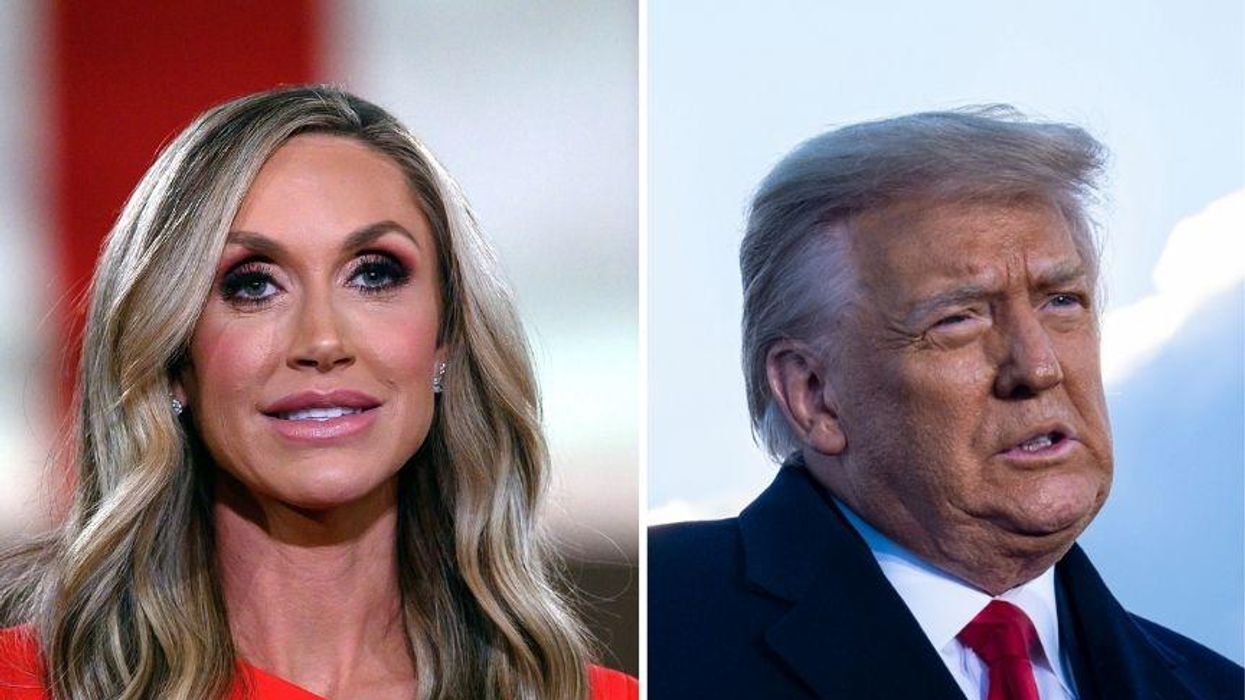

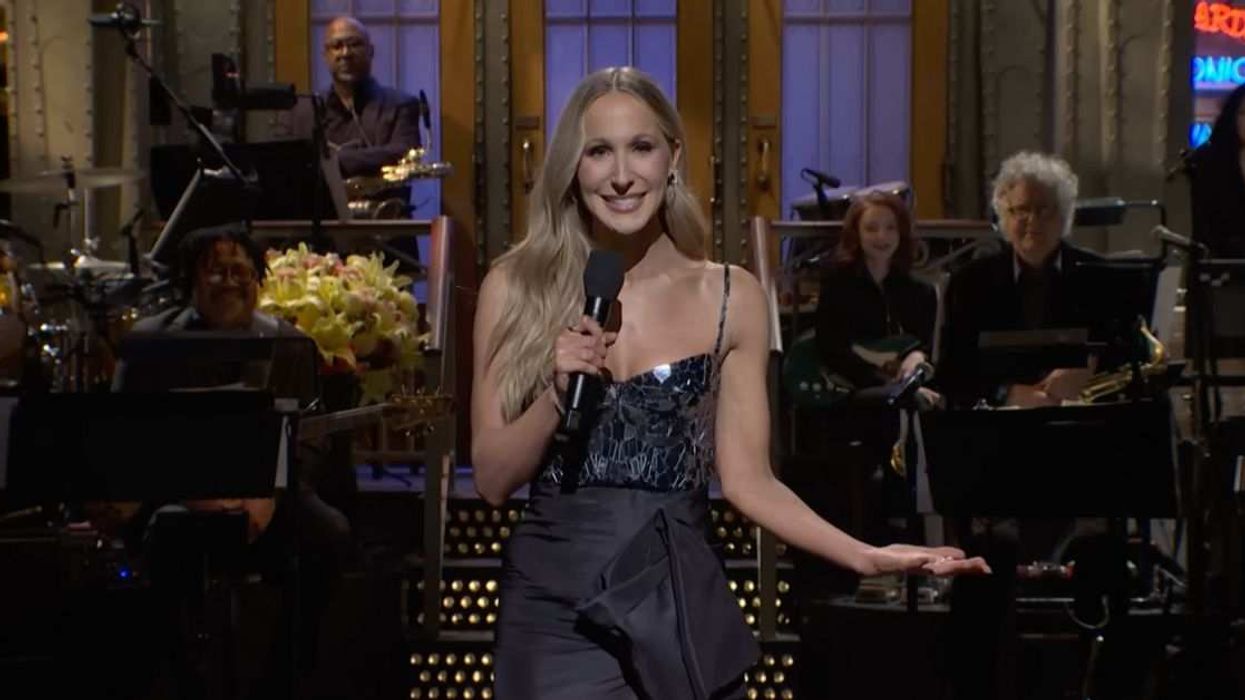
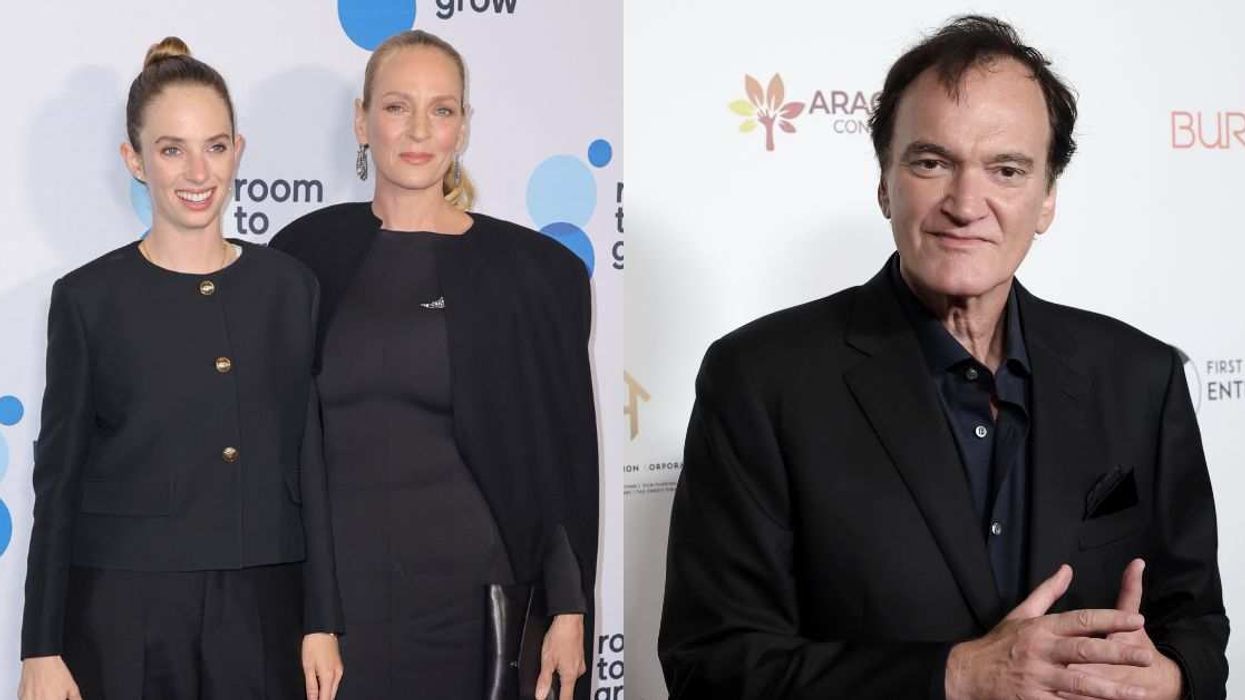
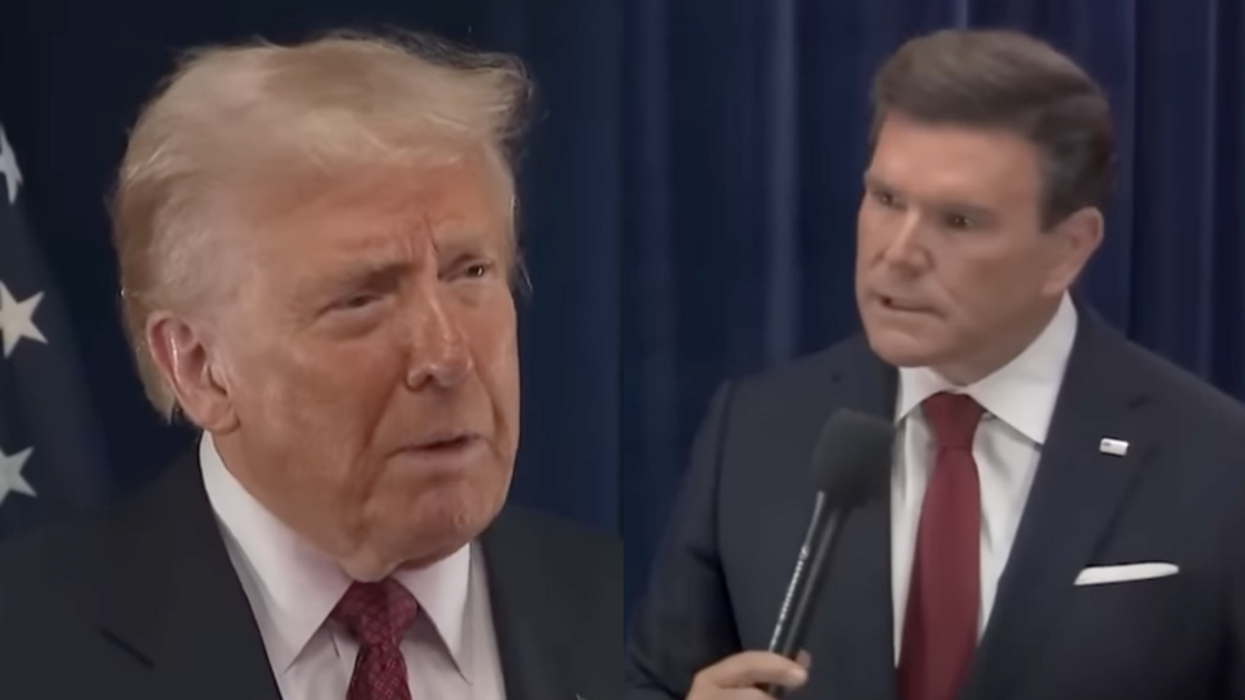
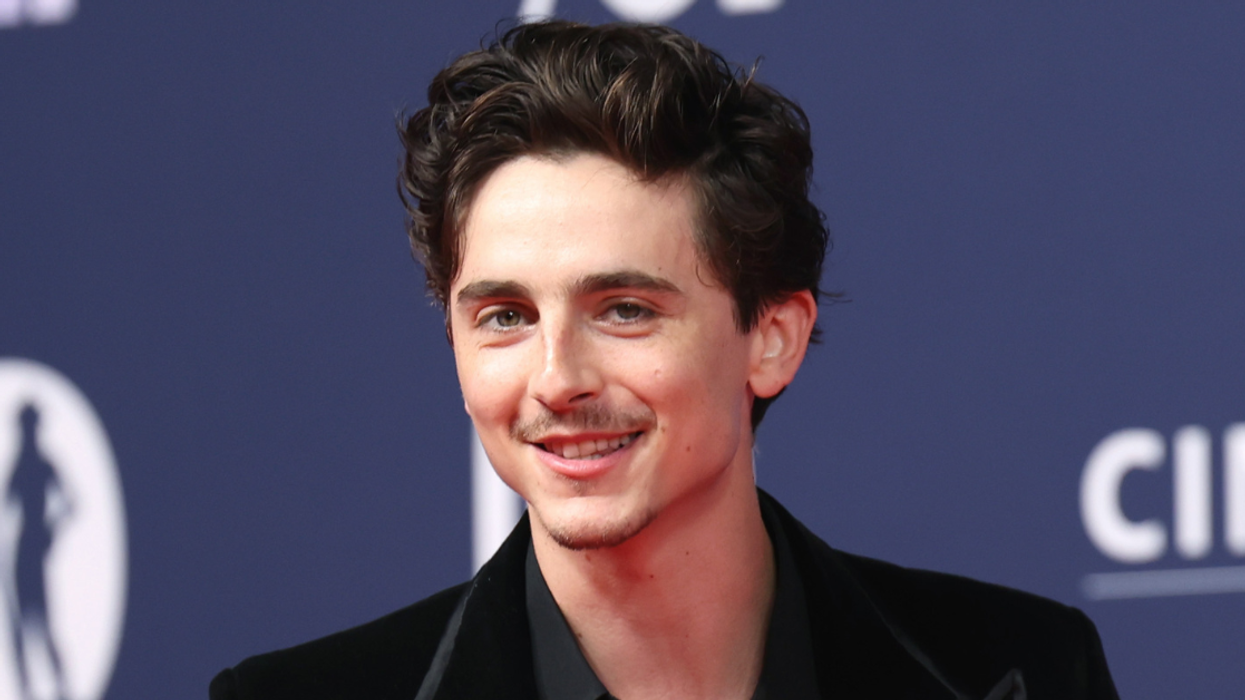
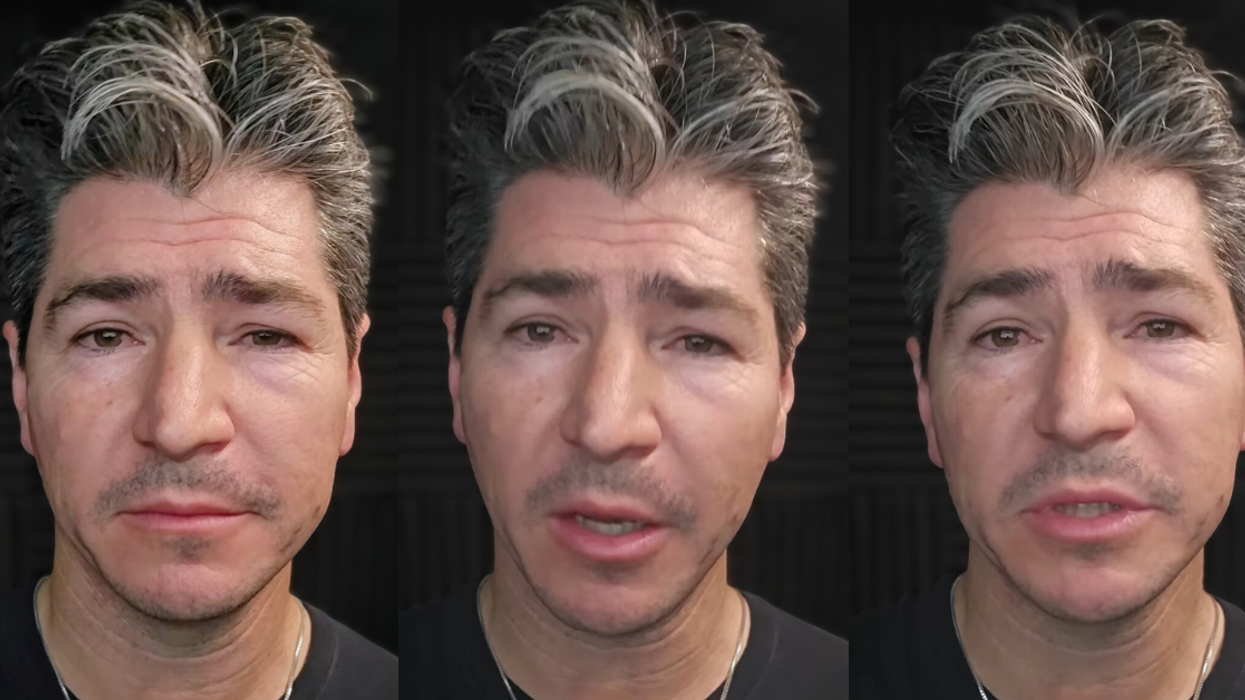
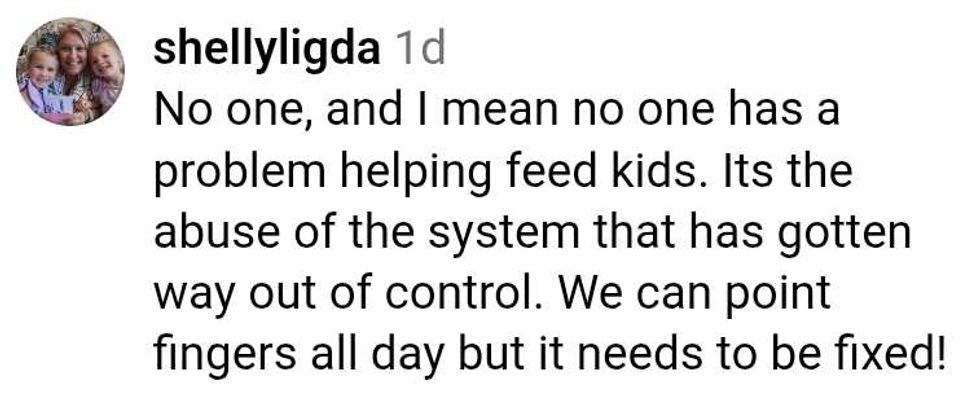 @reelmfishman/Instagram
@reelmfishman/Instagram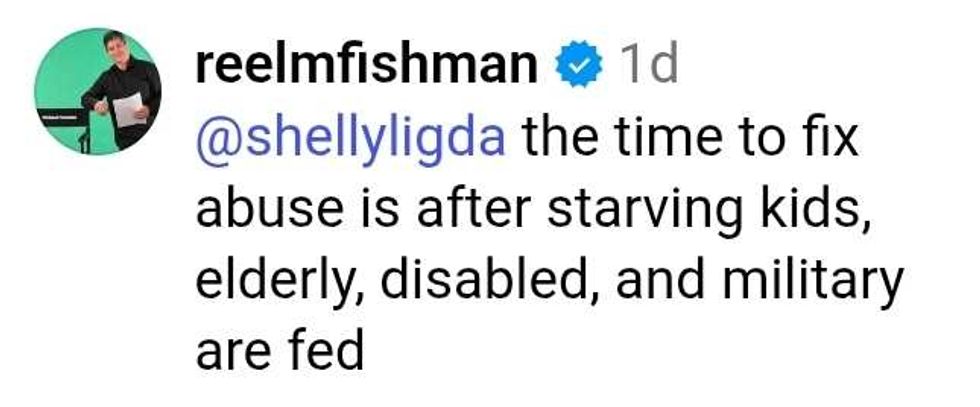 @reelmfishman/Instagram
@reelmfishman/Instagram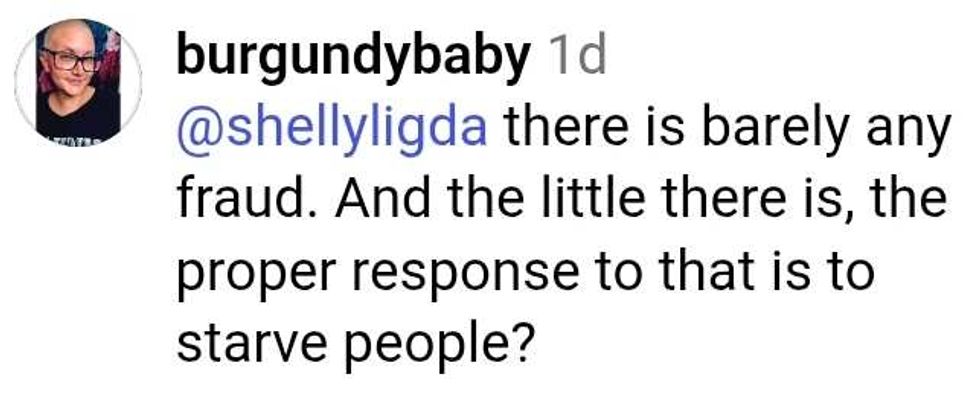 @reelmfishman/Instagram
@reelmfishman/Instagram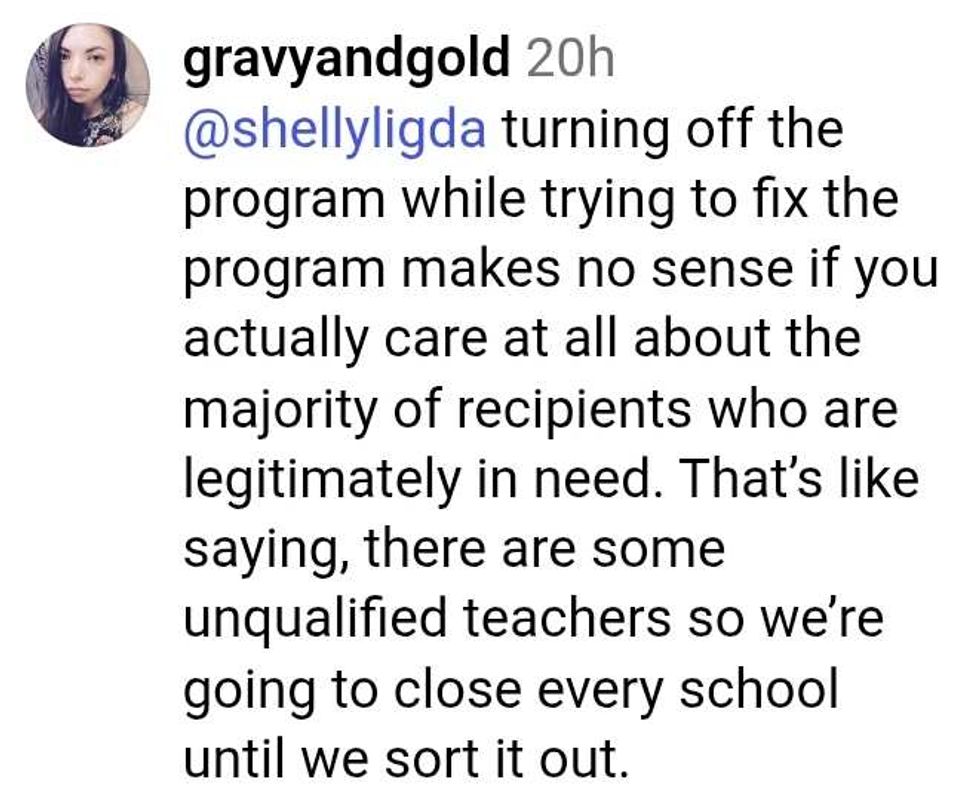 @reelmfishman/Instagram
@reelmfishman/Instagram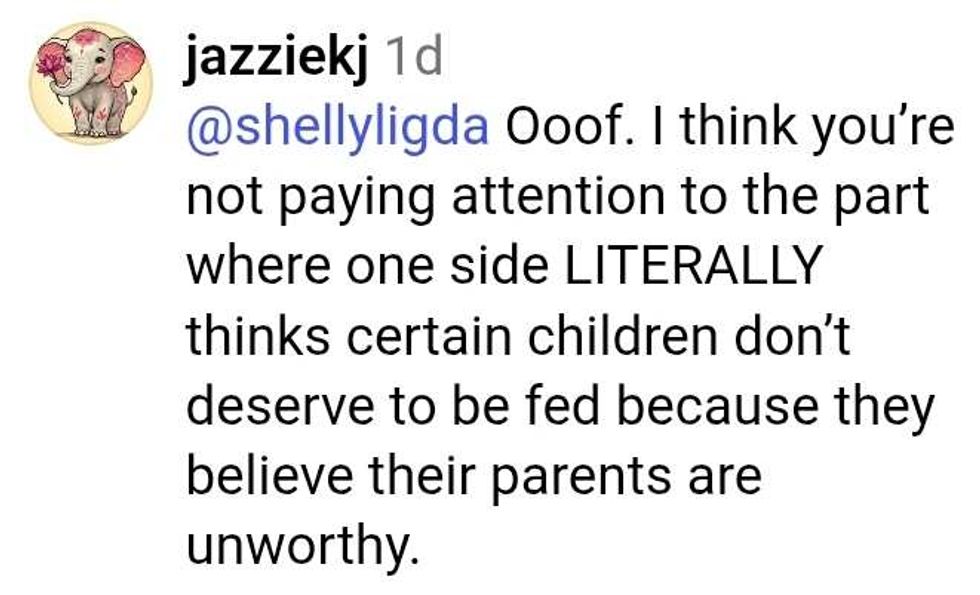 @reelmfishman/Instagram
@reelmfishman/Instagram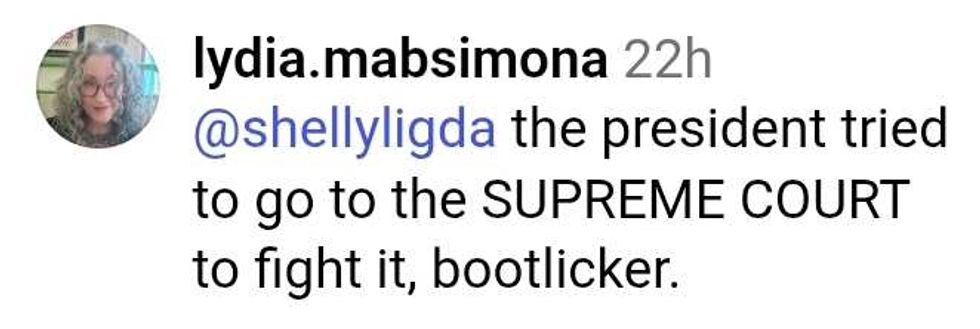 @reelmfishman/Instagram
@reelmfishman/Instagram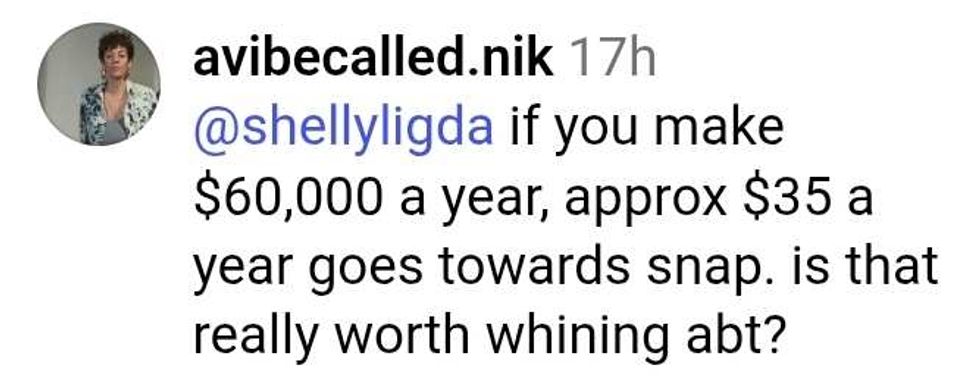 @reelmfishman/Instagram
@reelmfishman/Instagram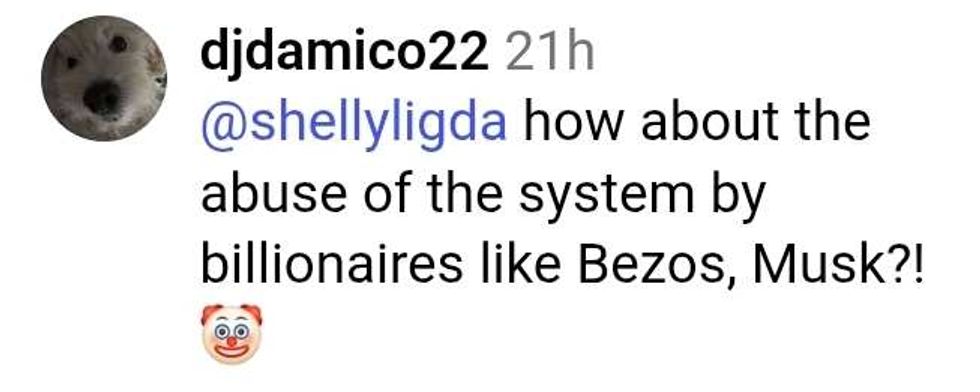 @reelmfishman/Instagram
@reelmfishman/Instagram @reelmfishman/Instagram
@reelmfishman/Instagram @reelmfishman/Instagram
@reelmfishman/Instagram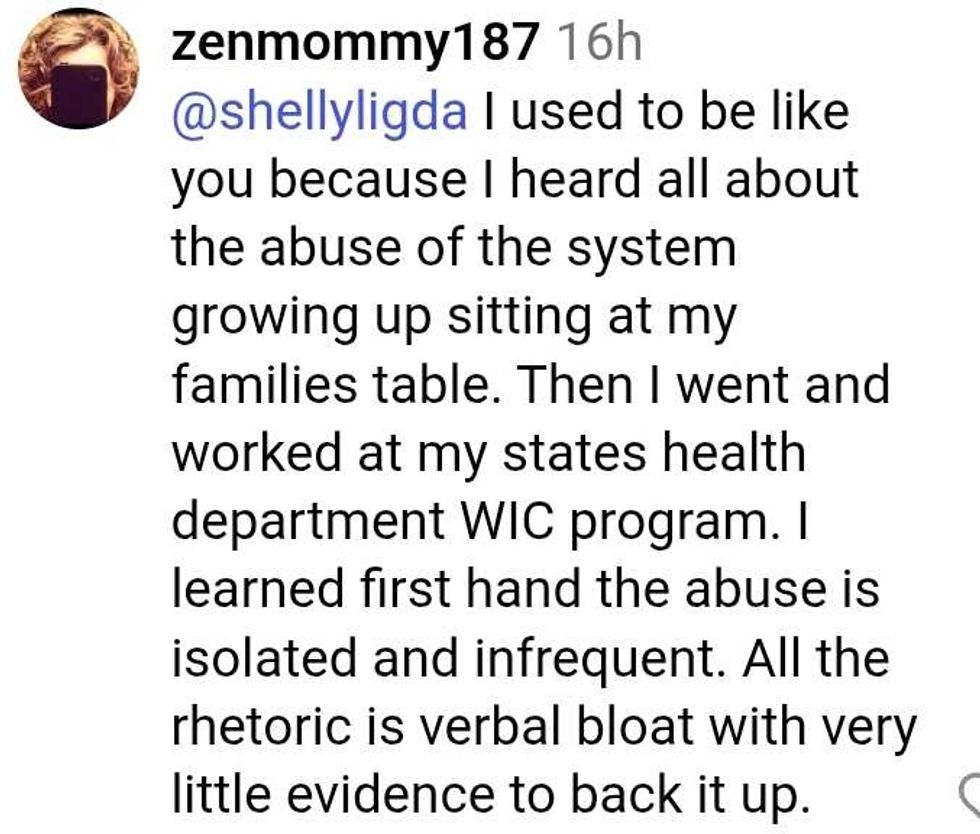 @reelmfishman/Instagram
@reelmfishman/Instagram @reelmfishman/Instagram
@reelmfishman/Instagram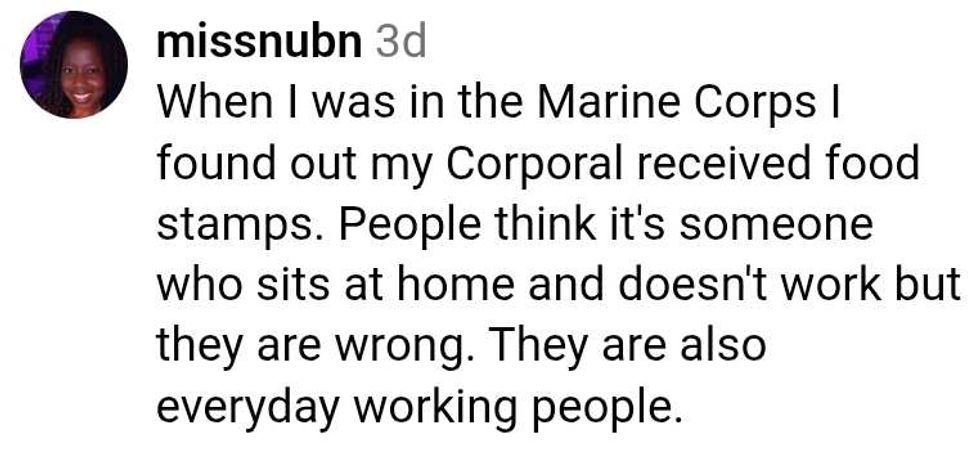 @reelmfishman/Instagram
@reelmfishman/Instagram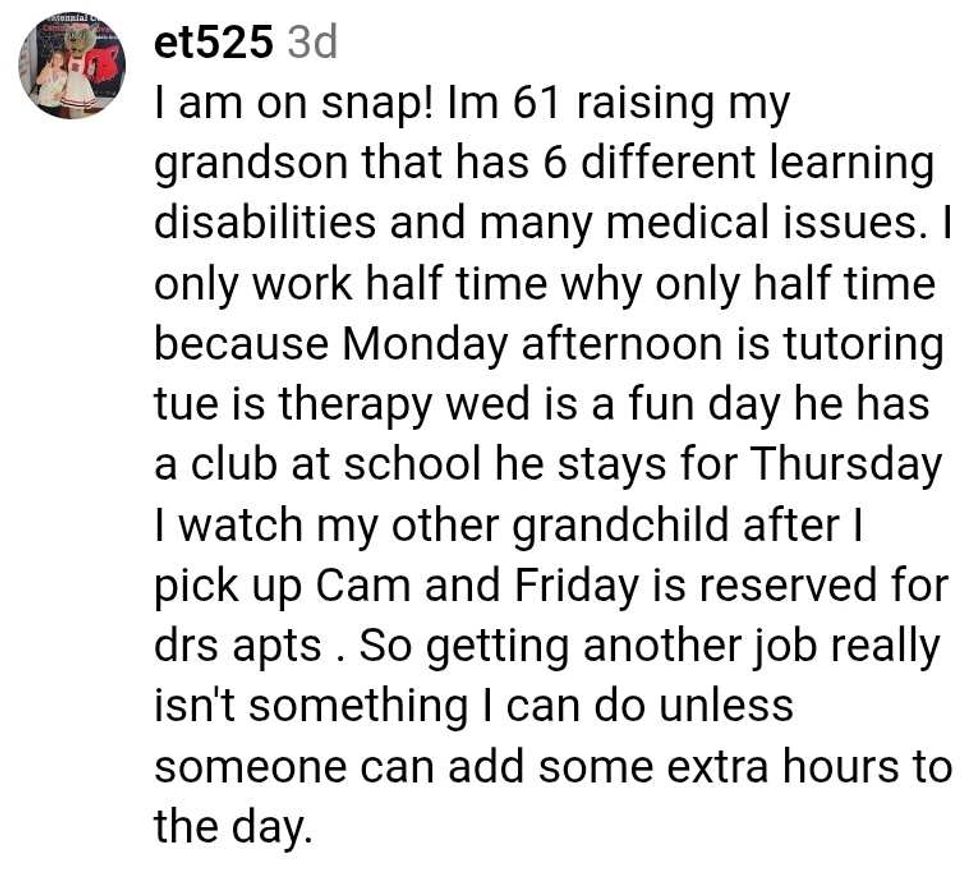 @reelmfishman/Instagram
@reelmfishman/Instagram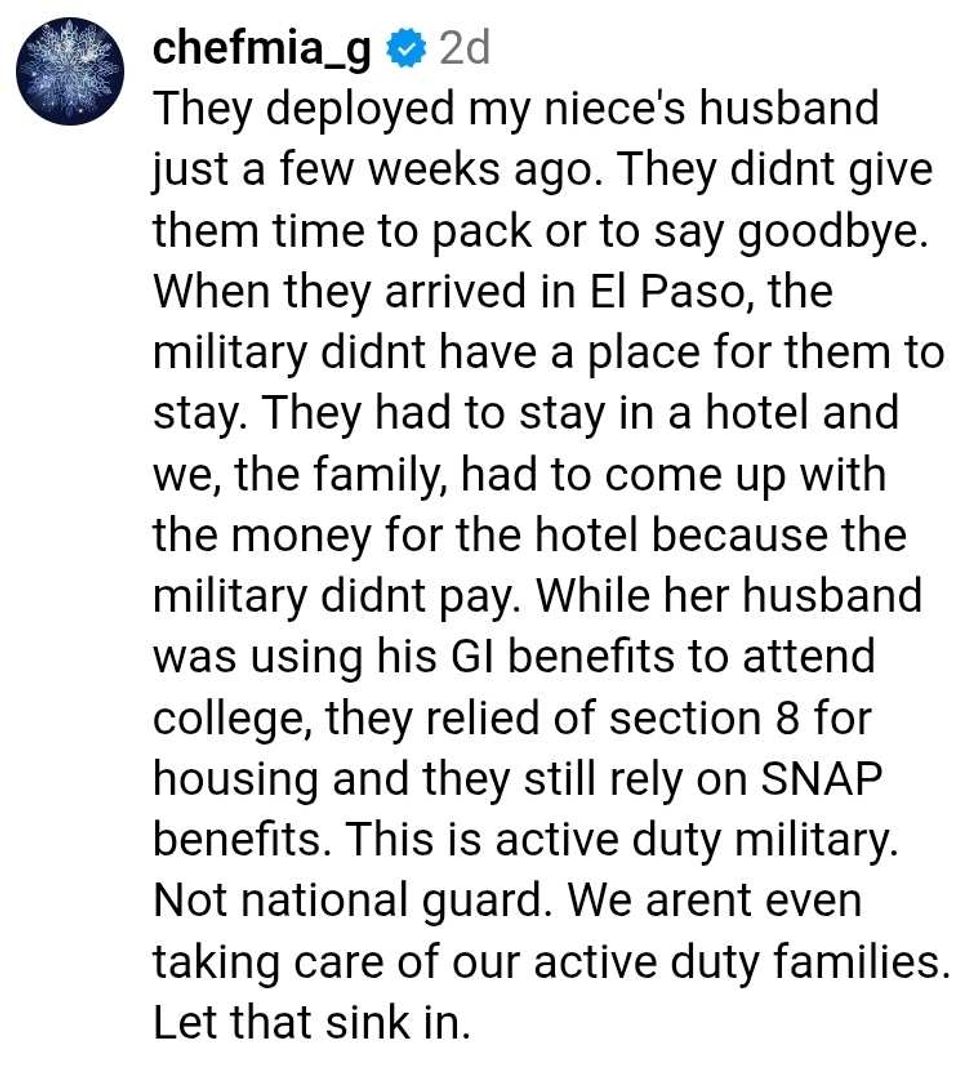 @reelmfishman/Instagram
@reelmfishman/Instagram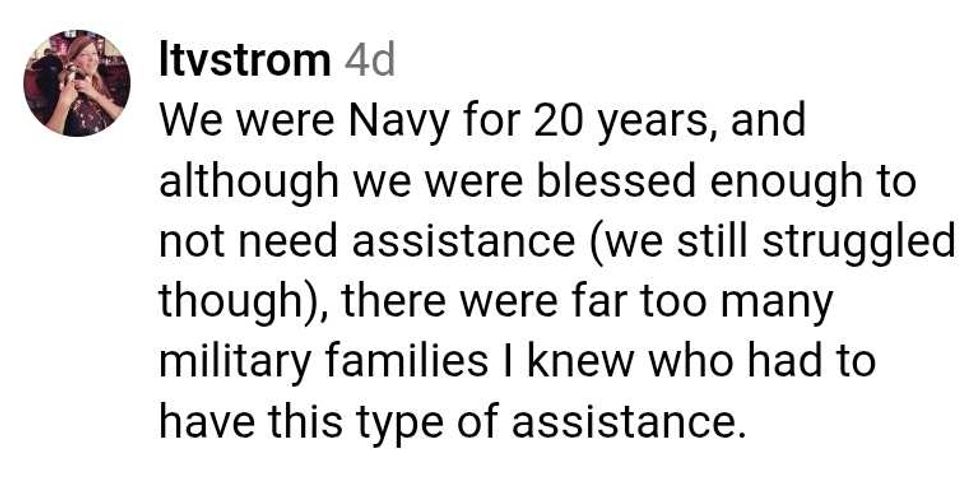 @reelmfishman/Instagram
@reelmfishman/Instagram @reelmfishman/Instagram
@reelmfishman/Instagram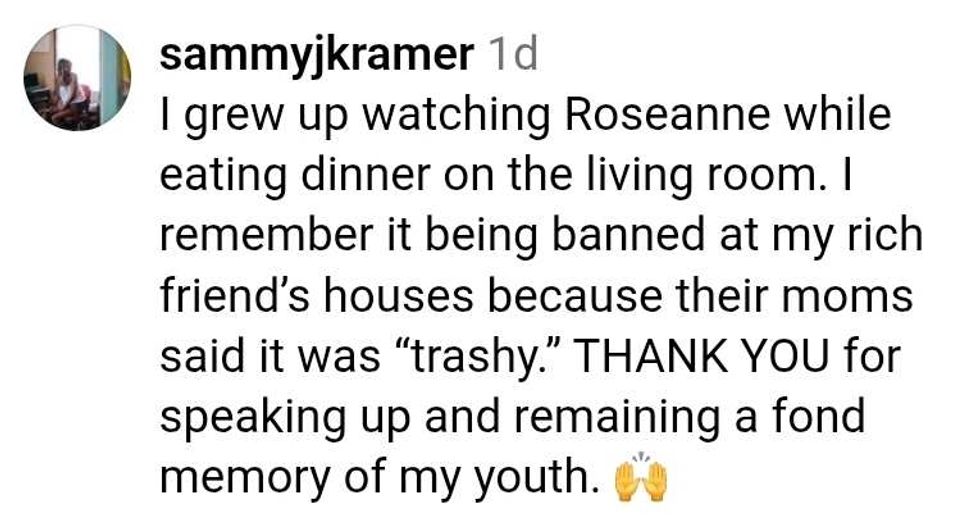 @reelmfishman/Instagram
@reelmfishman/Instagram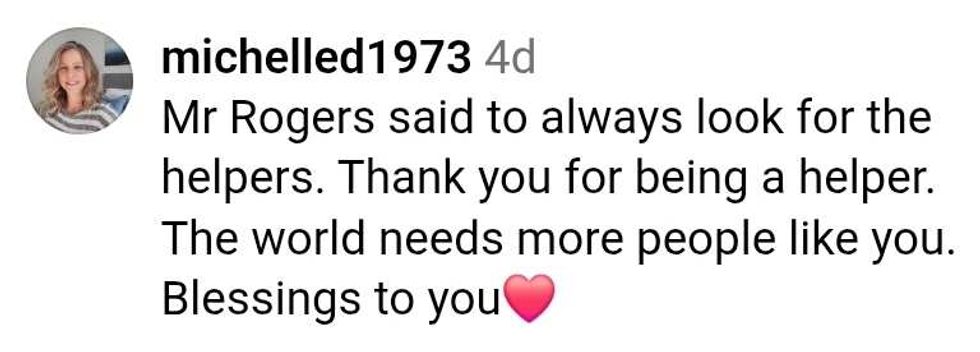 @reelmfishman/Instagram
@reelmfishman/Instagram @reelmfishman/Instagram
@reelmfishman/Instagram



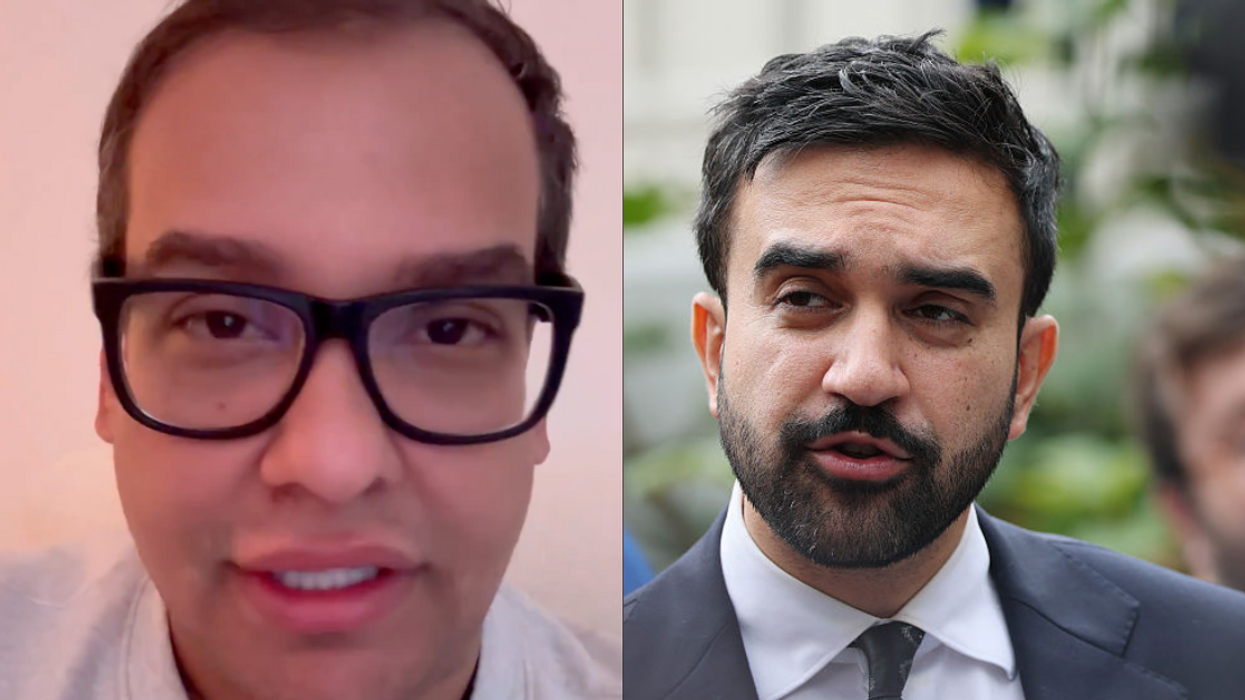
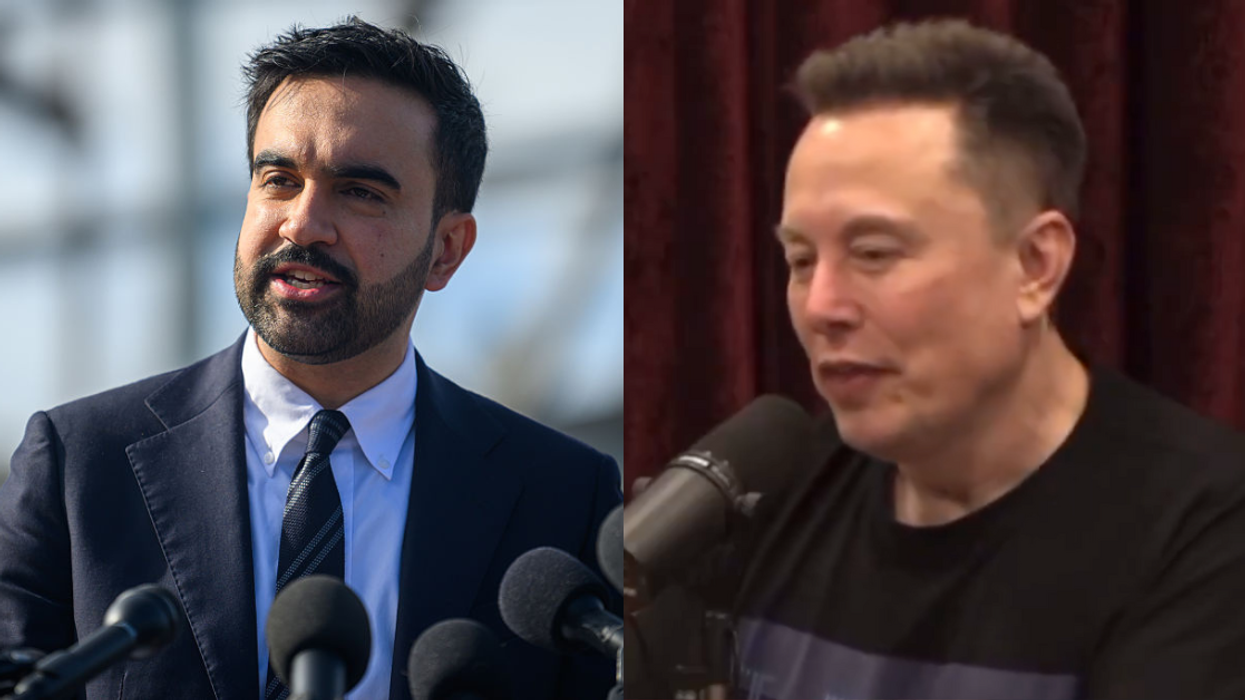
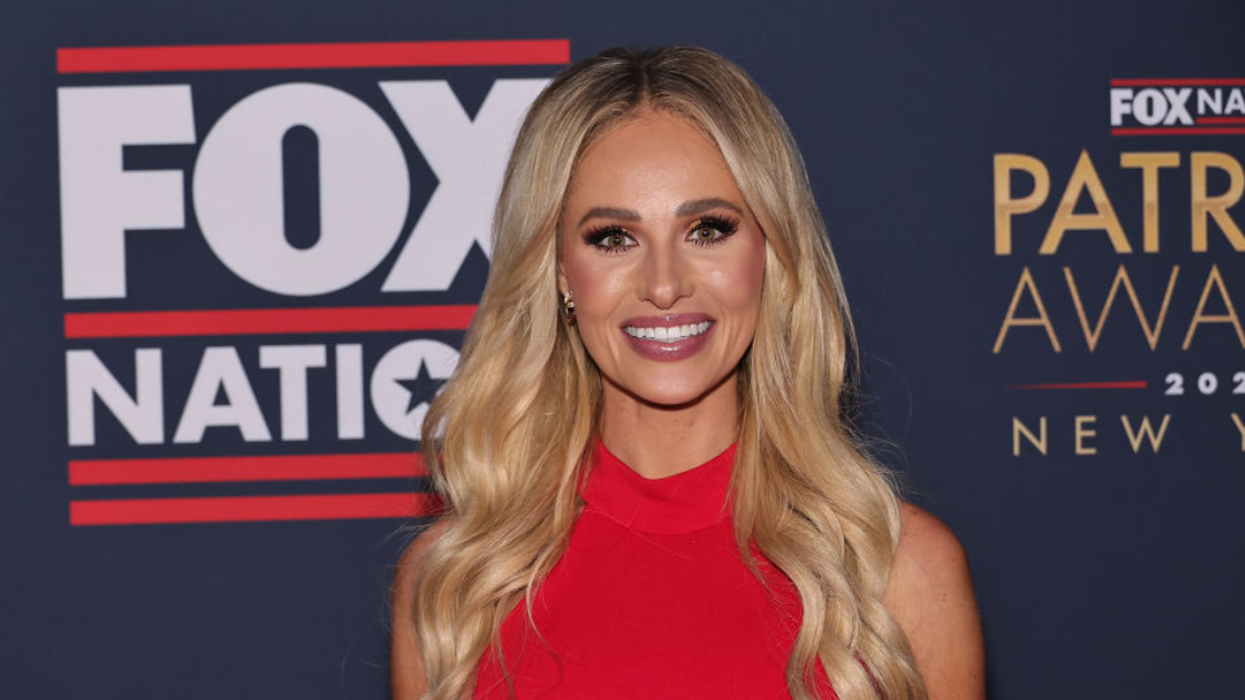
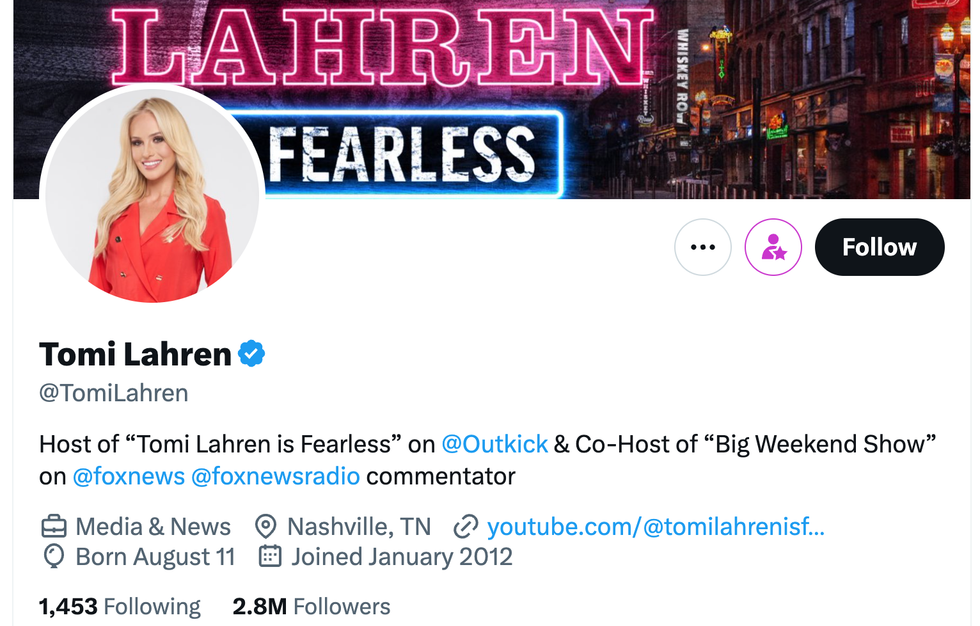 @TomiLahren/X
@TomiLahren/X